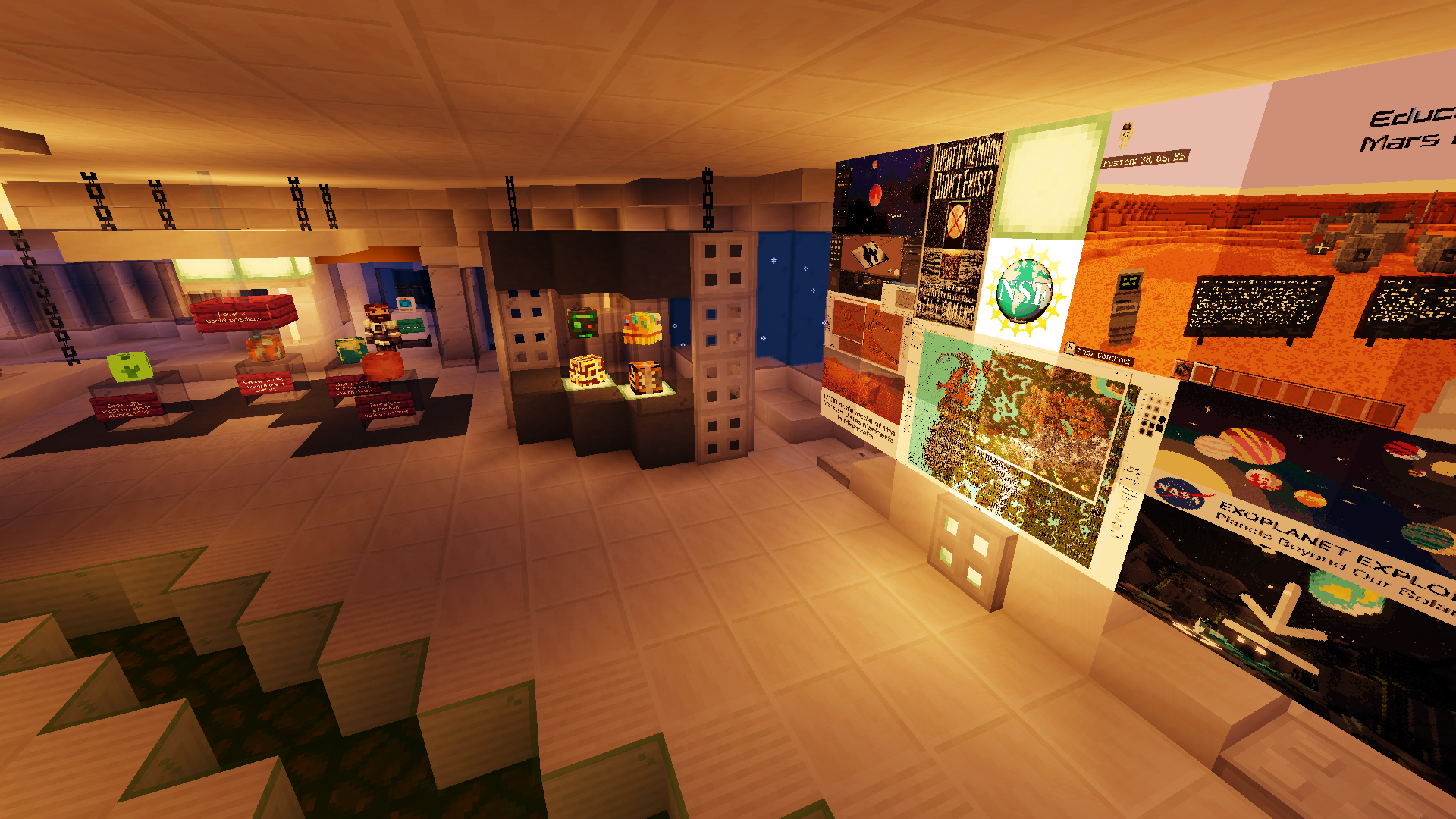https://www.nsf.gov/awardsearch/showAward?AWD_ID=2301172
The integration of digital games into STEM education has been an active area of research for quite some time, but details about how students’ interactions with educational games may or may not reflect their interest is more difficult to obtain. This project will use a Minecraft-based simulation environment to advance understanding of how educational digital games can support the development of enduring STEM interest. Middle school students in summer and afterschool camps will experiment with a variety of scientific topics in the What-If Hypothetical Implementations in Minecraft (WHIMC) learning system while researchers interview them at key points in their gameplay to better understand how their interest is developing. In this way, the project will contextualize how decisions made by students while engaging with the educational game are related to their prior STEM interest and how they may, in turn, influence the development of enduring STEM interest. This work will contribute advanced tools and methodological resources for studying STEM learning and interest that will help broaden participation in STEM.
Hidi and Renninger’s (2006) model of interest development propose four phases that correspond with students’ acquisition of knowledge on a topic. In the first two phases, students may need situational triggers (such as those that are afforded in popular digital games) to sustain their interest and motivation, but to advance to the later stages of sustained, individualized interest, they must also acquire knowledge. Research on how student STEM interest develops during learning activities has typically relied on a handful of methods, each with their own limitations. Standardized survey methods, for instance, may capture important changes in students’ interest level, but do not necessarily capture important details on the processes required to increase students’ interest. This project will take a novel approach, using machine learning to trigger an alert to researchers when the software detects an activity (or lack thereof) likely to be tied to student interest. This will allow researchers to capture the students’ experiences in situ, interviewing them before they have time to either forget or reconceptualize the event. The studies will take place in the context of WHIMC, a Minecraft-based learning environment that provides afterschool and summer educational opportunities to low-income families and to students with backgrounds traditionally underrepresented in STEM. Researchers will triangulate the interviews with more traditional measures of interest development, log data of student activities, and measures of STEM knowledge to better understand how these experiences relate to student engagement and their development of sustained, individualized interest. In doing so, researchers can explore the range of ways in which interest emerges across diverse student populations.
This project is supported by NSF’s EDU Core Research (ECR) program. The ECR program emphasizes fundamental STEM education research that generates foundational knowledge in the field. Investments are made in critical areas that are essential, broad and enduring: STEM learning and STEM learning environments, broadening participation in STEM, and STEM workforce development. The program supports the accumulation of robust evidence to inform efforts to understand, build theory to explain, and suggest intervention and innovations to address persistent.

